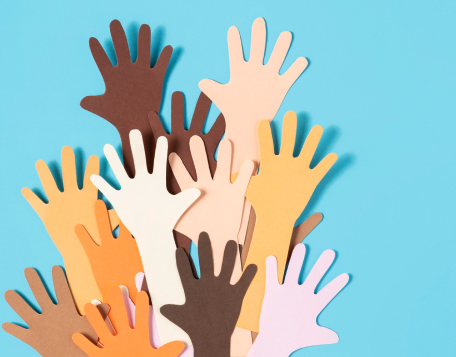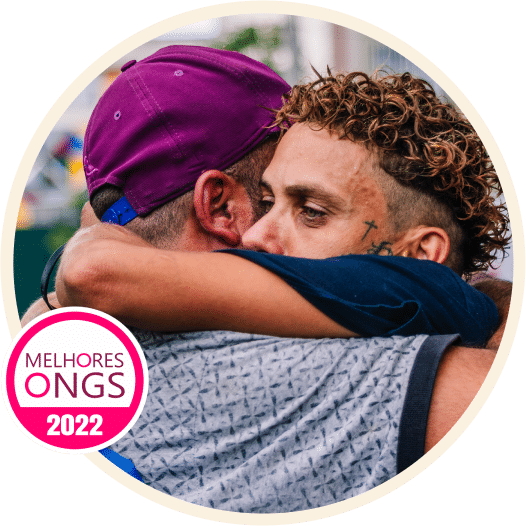
When dealing with the homeless population, the concepts and intervention proposals idealized when the Association was created remain unchanged, observing the characteristics of this population profile whose constant exposure to the ills of the street, such as: violence, Prejudice, life in crime, drugs and alcohol resulted in many of them losing personal values, self-esteem and the ability to submit to the norms of collective coexistence.
In addition, the physical, psychic, moral and spiritual weakening, which leads the individual to an uninterrupted cycle of self-destruction.
The work of the Associação Aliança de Misericórdia with these people is organized into three main phases:
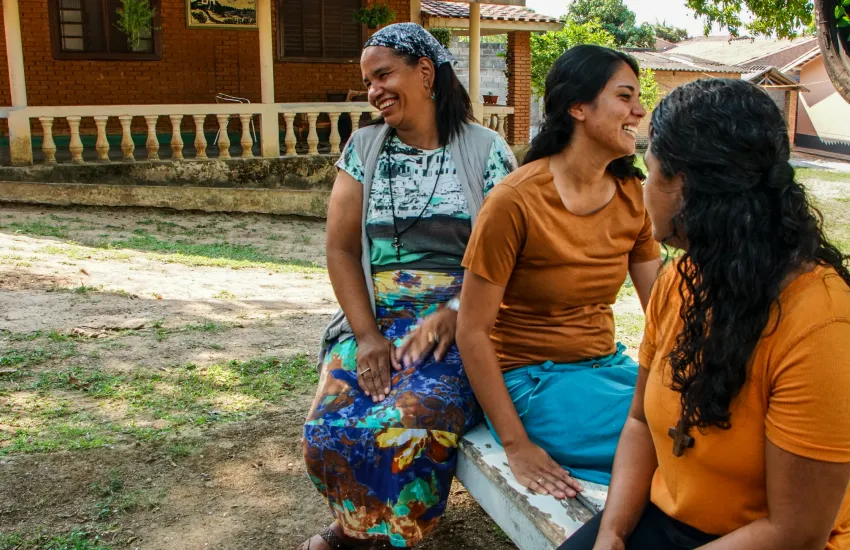
The main objective of the Triage Houses is to provide temporary shelter to the homeless, at risk and socially vulnerable population and, above all, to offer human, health, social and cultural care, to bring them closer together and gain confidence, motivating them to join in the “restoration” process.
In everyday life, these people spend their days divided between spiritual and human formation, work and leisure. After this time, usually 30 days, they are directed to the next step, which is referral to a Casa de Acolhida of the Associação Aliança de Misericórdia, where they will walk the “Caminho”, or to another institution.
The Casas de Acolhida for adults from Aliança de Misericórdia are part of a program that has been in existence for over 10 years to welcome adults and elderly people who are homeless, drug addicted, abandoned and/or socially vulnerable.
In these places, the sheltered travels the “Caminho” for a minimum period of 1 year, where, through labor therapy activities and community activities, they will go through the process of removing the evils of the street and the restriction of easy access to drugs and alcohol, methodologies such as hospitalization and drug interventions are not used for such purposes.
Altogether there are 9 houses located in 3 Brazilian states, São Paulo, Minas Gerais and Ceará and offer a varied proposal of activities, such as labor therapy, community activities, physical activities and training. Which are the instruments used for rebuilding self-esteem, values and personal vocations, for re-adapting to norms of collective coexistence and mutual respect, as well as for physical, psychological and spiritual recovery.
After the necessary time for social reinsertion of the bad habits of the street and true transformation of life, the sheltered people receive support to start a work activity, to provide for themselves, and/or return to their families of origin.
They start to live in a Reinsertion House (rented by the Association itself) which may or may not be inside the Reception House, in which, after getting a job, they help with the household economy and continue to be monitored until they have autonomy for complete reinsertion.
They will be able to stay for a minimum period of 1 year in this house, which is the final path to full autonomy and return to life in society.
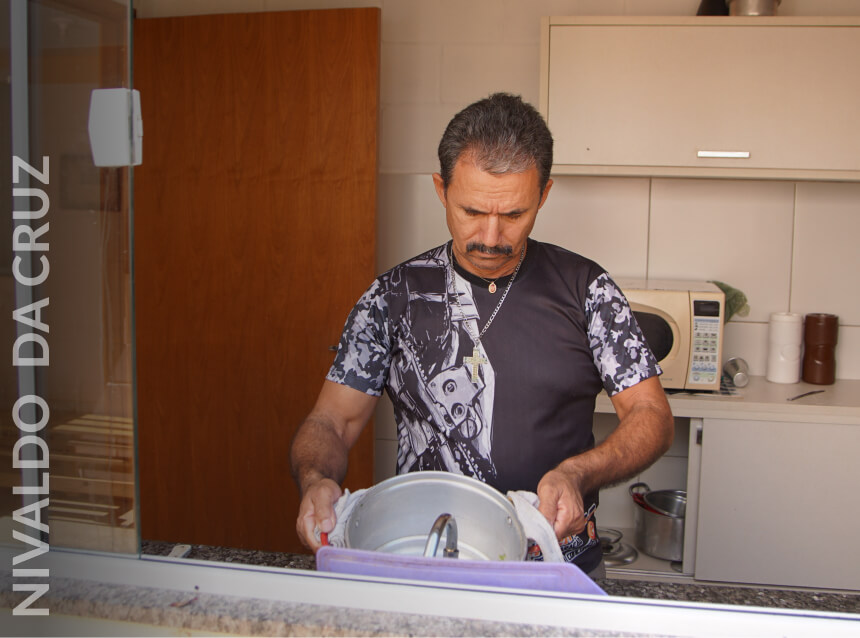
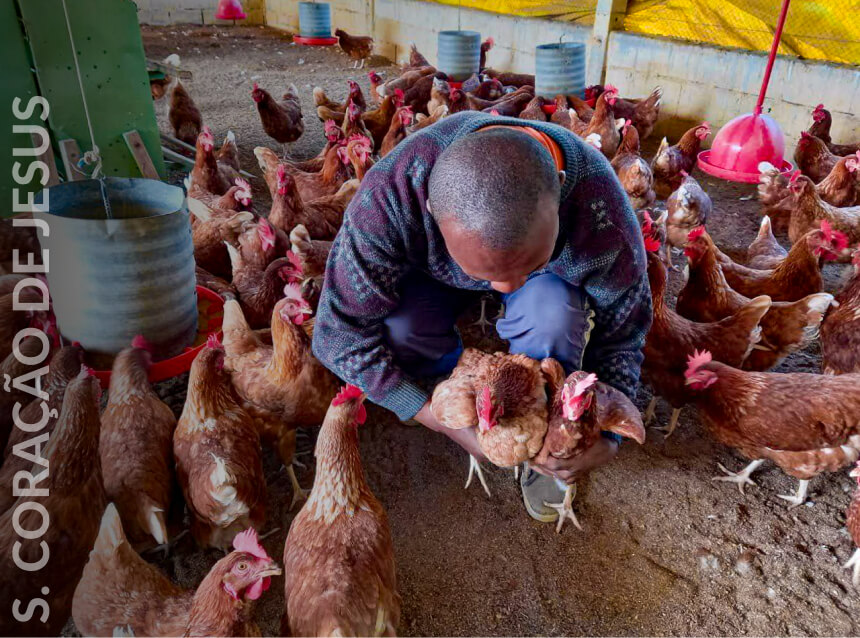
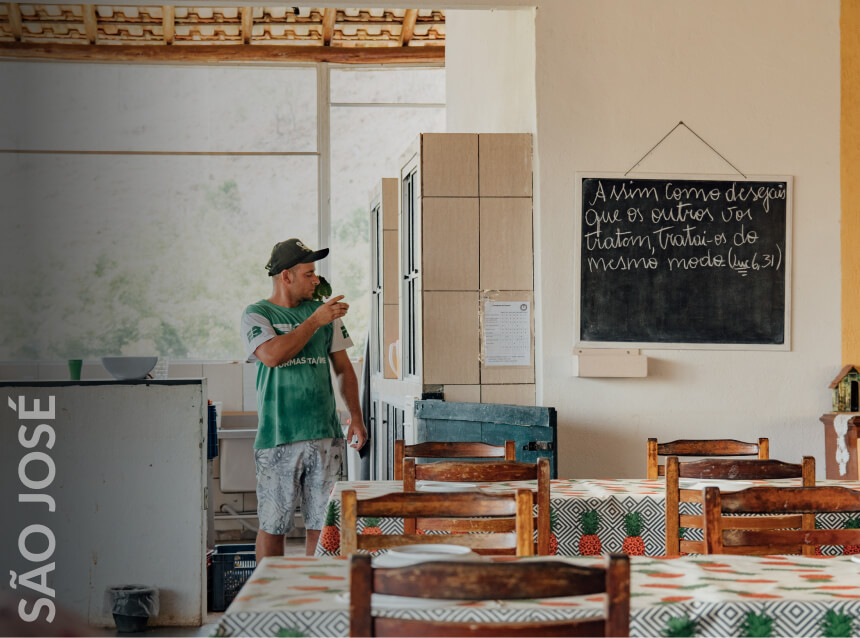
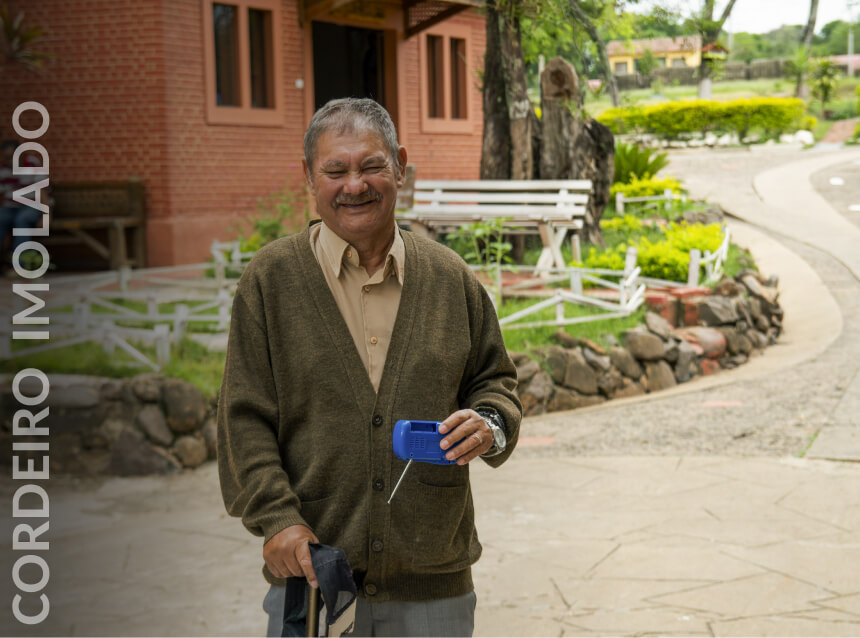
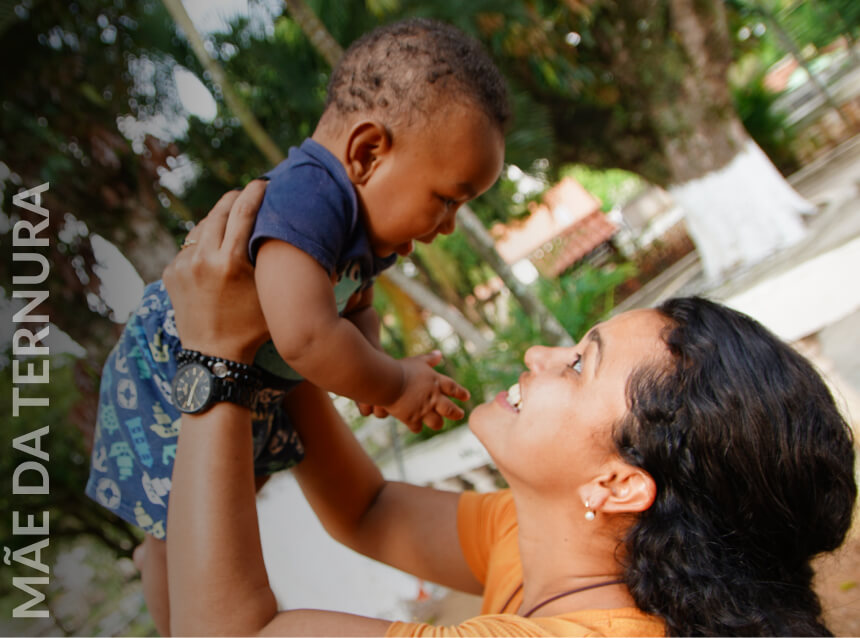
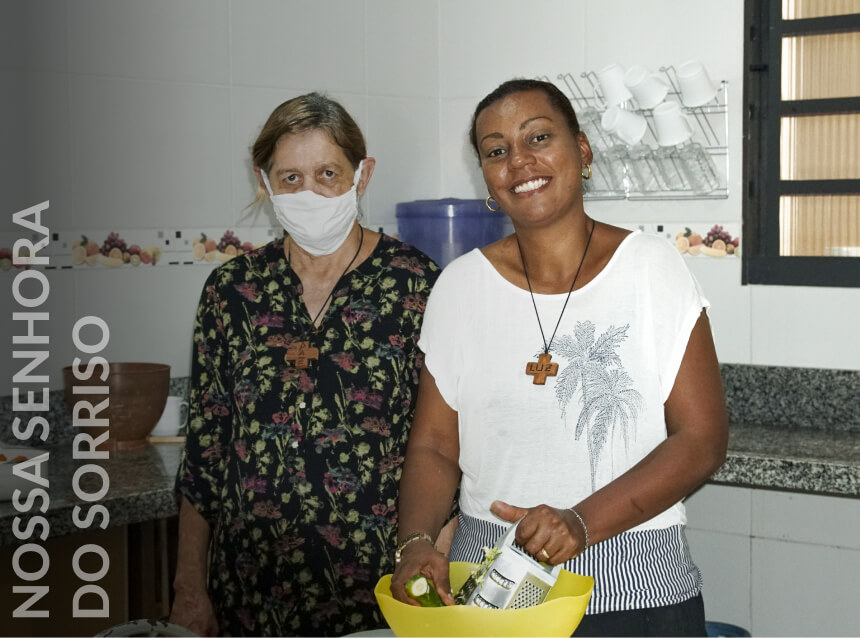
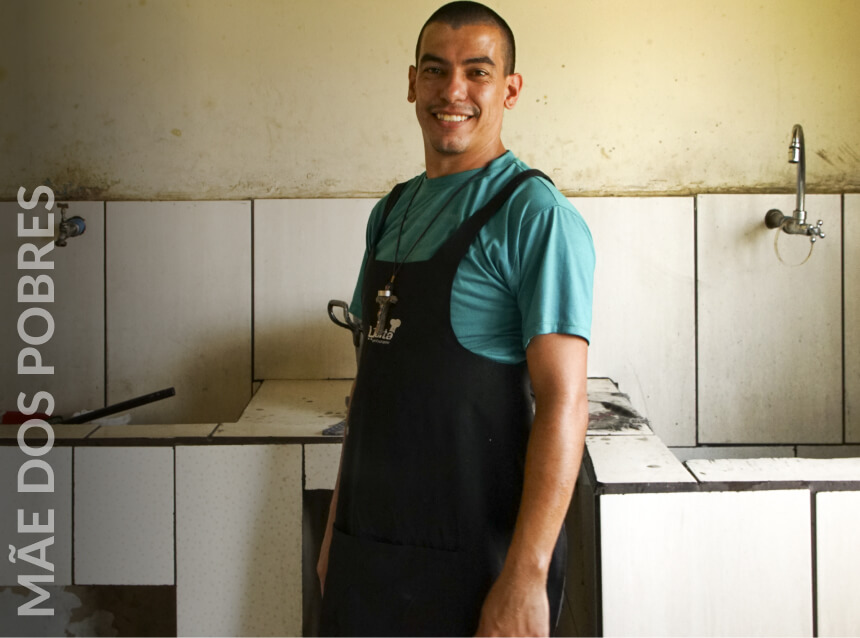

The Sítio Rainha da Paz Screening House has the capacity to care for up to 25 adult men living on the streets and/or socially vulnerable, during the period of about 30 days, when the transfer to a Shelter House takes place. This service is managed by the Missionaries of the Alliance and Friends of the city of Alfenas, who dedicate themselves voluntarily to the work.
At the moment, the site is under construction, in order to improve and expand the service spaces for those welcomed who participate in spirituality, labor therapy, sports, recreational and human training activities, as well as constant contact with nature, through of activities in the aviary, pigsty and vegetable garden, among others, present on the site. These actions contribute to the restoration of dignity and the recovery of these people who seek to start their way back to life in society.
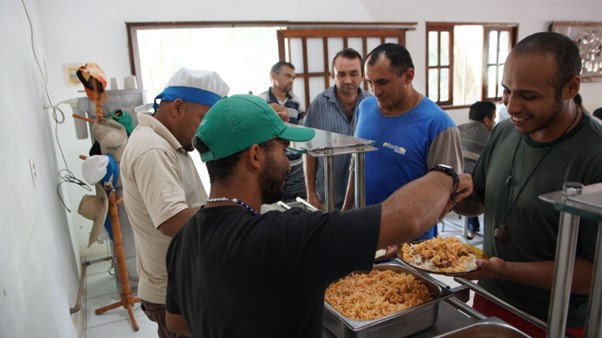
Casa de Acolhida São João Batista has the capacity to care for 45 adult men living on the streets and/or socially vulnerable, providing these people with a path to restore their lives for a period of one year.
Those welcomed participate in training, moments of spirituality and work, activities that, consequently, transform their lives. As part of the restoration path methodology, sustainability actions take place, such as the vegetable garden, raising chickens, pigs and goats, and selling eggs, meat and goat cheese.
